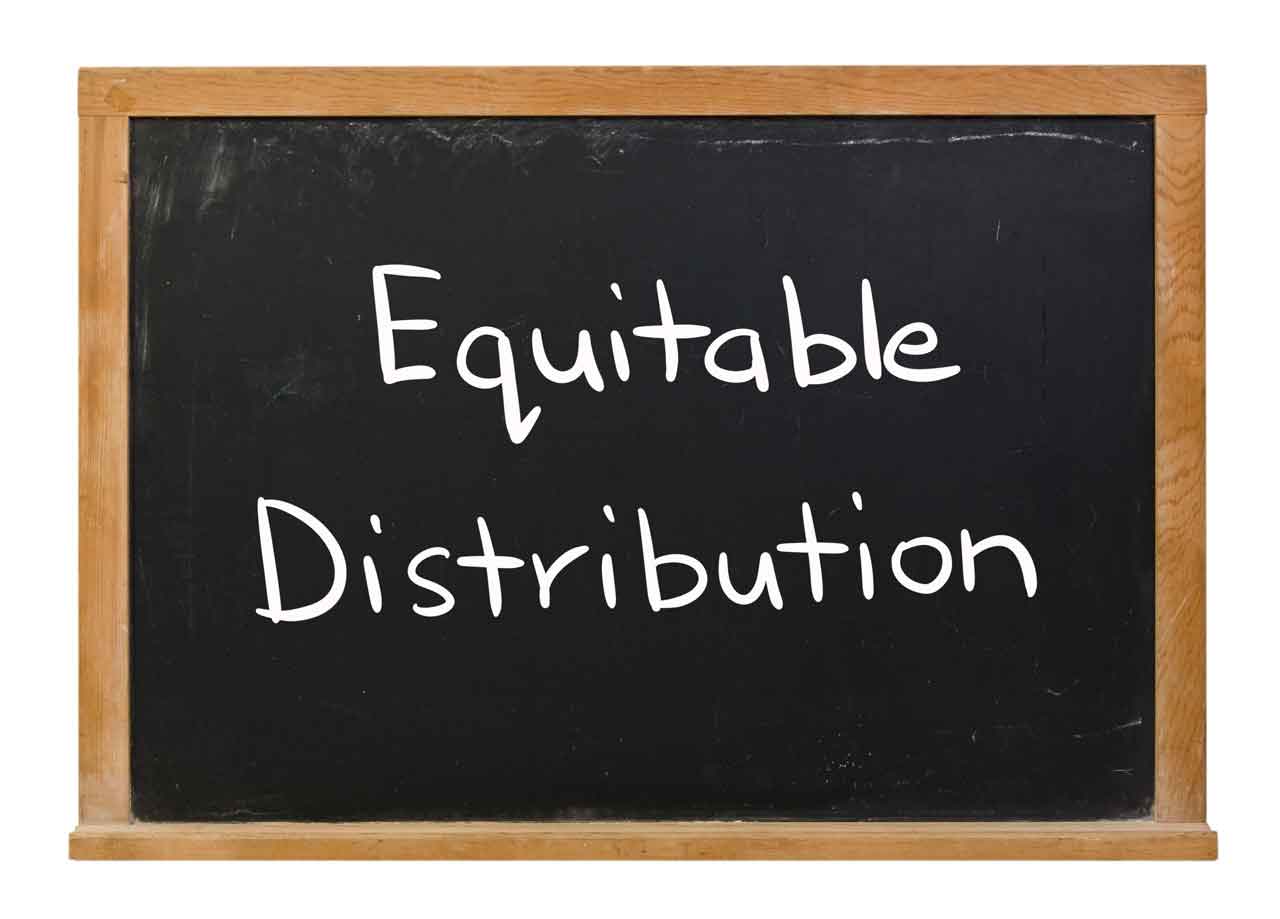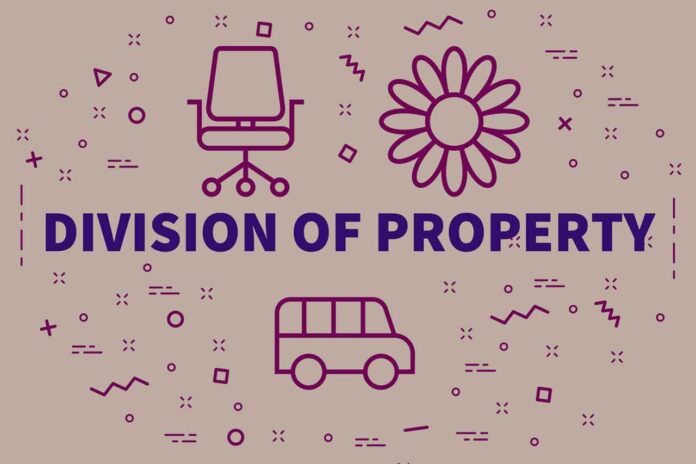The process of ending a marriage involves more than just emotional turmoil. There’s also the practical matter of dividing assets and debts accumulated during the union. Equitable distribution is a legal philosophy that guides property division in many states. Unlike community property laws, which assume a strict 50/50 split, equitable distribution seeks a fair – though not necessarily equal – division of marital assets.
Understanding the principles of equitable distribution can ease reaching a financial settlement during a divorce. It’s important to know that it applies specifically to property acquired during the marriage, and each state has a unique set of factors that the courts will consider when deciding what’s fair.
This article will discuss the various aspects involved in the equitable distribution of assets in divorce. Read on to understand better.
Separate Property vs. Marital Property
A fundamental concept in equitable distribution is distinguishing between separate property and marital property.
Separate property usually consists of assets owned by each spouse before the marriage, inheritances received individually, or gifts given to a single spouse. These assets are generally not subject to division during divorce.
Marital property encompasses assets and debts acquired during the marriage. This can include homes, vehicles, retirement accounts, investments, businesses, and any debt accrued jointly by the couple. It’s this type of property that will be the focus of equitable distribution in a divorce.
Understanding this distinction is crucial, which is why having a marital property division guide is essential. It can provide clear explanations, examples, and state-specific laws regarding what’s considered separate or marital property. This knowledge will protect your rights and ensure that only assets truly acquired within the marriage are subject to fair division during divorce proceedings.

Factors Considered in Equitable Distribution
When determining how to divide assets in a divorce, the courts don’t simply split everything down the middle. Several factors play a role in how assets and debts are distributed. Some of the most common ones include:
- Length of the marriage: Length of marriage is a big factor in property division. Longer marriages often involve greater asset accumulation. This means that spouses in longer marriages tend to have better share after a divorce than those in shorter marriages. The average American marriage ending in divorce only lasts eight years; worldwide, the numbers vary significantly. (1)
- Income and earning potential of each spouse: A spouse with a significantly lower income may have greater financial needs, especially if they’ve been out of the workforce for a period of time raising children or managing the household.
- Contributions to the marriage: Equitable distribution recognizes that marriage is a partnership, and both spouses’ contributions, regardless of form, hold value in determining a fair division of assets. By considering non-financial contributions, such as caregiving responsibilities that may also impact child custody, equitable distribution acknowledges the unseen labor that goes into running a household and raising children.
- Fault in the divorce: Some states may consider marital misconduct as a factor, especially when it’s tied to financial faults such as debts, gambling, and other wasteful dissipation of assets.
It’s important to remember that the weight given to each factor varies depending on individual circumstances and specific state laws. An experienced family law attorney can provide expert guidance on which factors are most relevant to your case.
The Impact of Debt
Debts are a major reason for divorce in today’s marriages. One survey reveals that 54% of Americans consider a partner’s debt a good reason to end a marriage. (2)
As such, dealing with debts is such a huge challenge and should be approached with care. Usually, debt incurred during the marriage is treated similarly to assets in equitable distribution. This could include mortgages, credit card balances, student loans, and other forms of joint debt.
The court will assess how the debt was incurred and by whom and consider the ability of each spouse to repay obligations. Debts won’t always be divided equally. Factors like those used in asset division will guide the court’s decision, ultimately seeking a fair outcome.
Reaching an Agreement vs. Going to Court
Couples can save both time and money by reaching an agreement on property division outside of court. Mediation can help facilitate discussions and compromise. If both parties agree, they can present the settlement to the court for approval, often simplifying the divorce process. (3)
However, when disagreements over asset division exist, couples may find themselves in a courtroom. Here, a judge will make the final decisions about a fair and equitable distribution of property and debt based on the factors relevant to the case.
Seeking Legal Counsel
Navigating the complexities of equitable distribution during divorce is best done with the expertise of an attorney specializing in family law. They can advise you on your rights regarding separate and marital property, assess the specific factors applicable in your state, and protect your best interests.
An experienced attorney helps in valuing assets, understanding potential tax implications, and advocating for your needs and a fair outcome in your divorce settlement. When looking for an attorney, ensure they specialize in cases within your state and have worked with several other clients on equitable distribution cases.
Conclusion
With proper guidance and understanding, equitable distribution can provide a framework for a fair financial separation during a divorce. Whether you reach an agreement outside of court or end up leaving it to a judge’s decision, remember that legal advice is crucial during this process. Seeking counsel ensures your rights are protected and helps you transition into the next phase of your financial life.
References:
- “How Long Does the Average U.S. Marriage Last?” Source: https://www.brides.com/how-long-do-average-u-s-marriages-last-4590261#:~:text=In%20the%20United,widely%20by%20country.
- “Debt is a good reason to get divorced or avoid marriage altogether, Americans said in a survey,” Source: https://africa.businessinsider.com/news/debt-is-a-good-reason-to-get-divorced-or-avoid-marriage-altogether-americans-said-in/thpy75s#:~:text=In%20a%20National,minded%20about%20marriage.
- “Divorce Dilemma: Settle or Go to Trial?” Source: https://www.forbes.com/sites/frawleypollock/2020/02/18/divorce-dilemma-settle-or-go-to-trial/?sh=9c05d3c118e4







